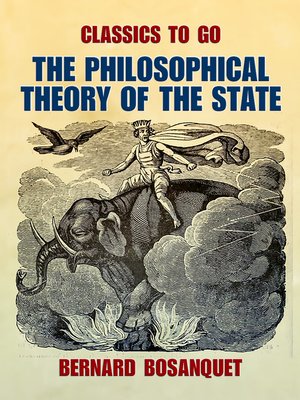
Sign up to save your library
With an OverDrive account, you can save your favorite libraries for at-a-glance information about availability. Find out more about OverDrive accounts.
Find this title in Libby, the library reading app by OverDrive.



Search for a digital library with this title
Title found at these libraries:
| Loading... |
Excerpt: " A Greek city-state presented a marked contrast to the modes of human association which prevailed in the non-Greek world. It differed from them above all things by its distinct individuality. No doubt there was a recognisable character in the life and conduct of Egypt or of Assyria, of Phoenicia or of Israel. But the community which has a youth, a maturity, and a decadence, as distinct as those of a single human being, and very nearly as self-conscious; which has a tone and spirit as recognisable in the words and bearing of its members as those of a character in a play; and which expresses its mind in the various regions of human action and endurance much as an artist expresses his individuality in the creations of his genius—such a community had existed, before the beginnings of the modern world, in the Greek city-state, and in the Greek city-state alone. A political consciousness in the strict sense was a necessary factor in the experience of such a commonwealth. The demand for "autonomy"—government by one's own law,—and for "isonomy"—government according to equal law—though far from being always satisfied, was inherent in the Greek nature; and its strenuousness was evinced by the throes of revolution and the labours of legislation which were shaking the world of Greece at the dawn of history. The very instrument of all political action was invented, so far as we can see, by the Greeks."







